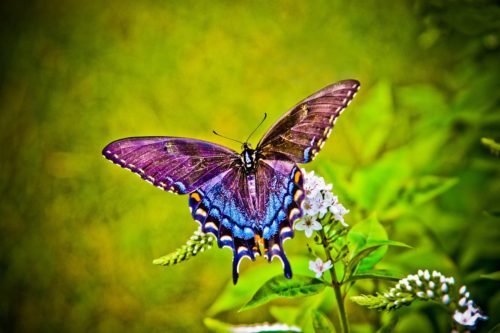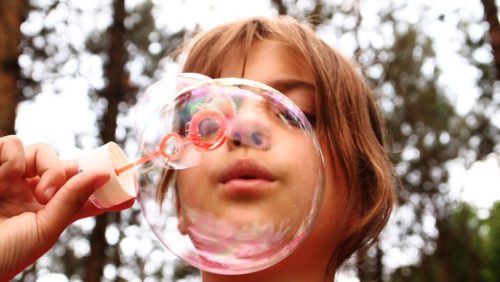
Peace, like love, is a verb. It’s active. It vibrates, stretches and moves, seeking to expand its reach. It’s not a fabled abstraction without correlates in the tangible, real world, or some sort of quaint finger sign you make with your index and middle fingers before absconding from work or going surfing. Peace is the moment-to-moment act of noticing every day the ways you’re at war with parts of yourself, and holding those moments of turbulence within a larger perspective. Peace takes into account more than just your own needs or privileged “in-group” assumptions. It expands beyond those who are “like” you spiritually, ethnically, racially, politically. It extends beyond your “tribe” to the larger tribe of humans you’ve never met, to non-family members, non-friends: to strangers. To all human beings.
Peace is about learning, over time, to see within yourself the seeds of war, and to question those moments of hate or aggression or judgement or reactivity without mindlessly fertilizing them or planting them in the world in some minor or major act of ignorance or obliviousness or reactive malice. Your look at a fellow driver, the moment you judge whoever was in the public restroom right before you, the person who steps into your spot in line, the child who pushes your child on the playground. There are times to react, of course, to protect or draw a line; to stand up for yourself or others. Anger serves a purpose. But unconscious, unexamined anger that’s indulged in destroys. Peace means bringing curiosity to your own “inner wars” and finding ways of moving forward toward your highest values and ideals, the ones that spring from a sense of human interrelatedness.
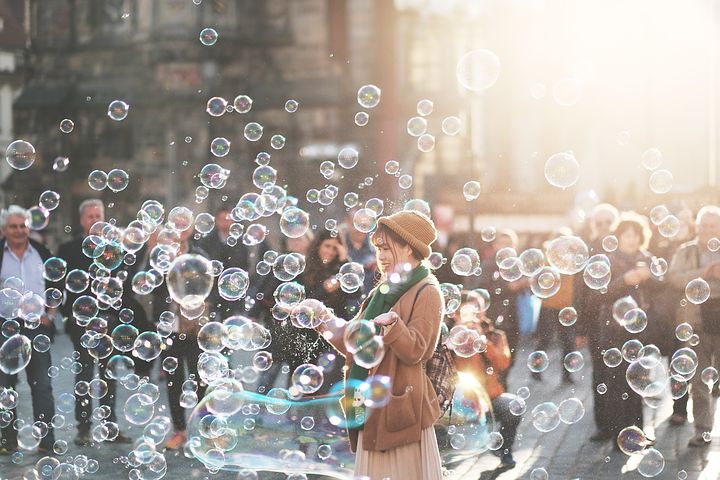
Just because we feel it, just because we think it, doesn’t make it true. There’s always something to understand and shed light on beneath our aggression. There’s vulnerability, fear, pain, longing, a sense of injustice, and where all of that comes from in our histories, in our parent’s histories, in our ancestor’s histories. Truth isn’t about hate. How could it be? Hate is a form of emotional paralysis. It’s a deep state of pain. Hate is the human mind trapped in a strait-jacket of its own making, unable to access truth.
Peace is an active commitment to looking deeper into the origins of our own judgments, disgusts, aversions and attacks on ourselves and others. It’s the intersection of the personal and the political, and it begins with how we think about–and relate to–ourselves. Our own minds are the internal launching pads for external peace-projects. In Gandhi’s words, “A man is but a product of his thoughts. What he thinks he becomes.”
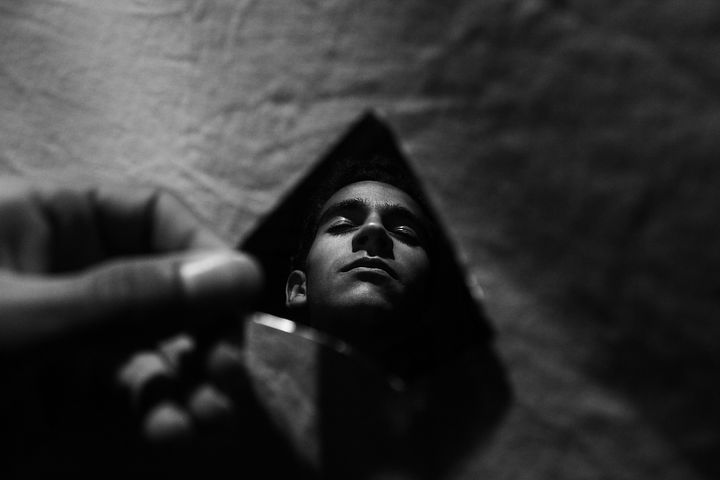
In her book “The Drama of the Gifted Child,” Swiss psychologist and philosopher Alice Miller writes, “In order to become whole we must try, in a long process, to discover our own personal truth, a truth that may cause pain before giving us a new sphere of freedom.”
When the wars being waged within us as individuals go unnoticed and unmonitored–when our own early attachment injuries and unexamined traumas or current mental illness shapes the ways we view and respond to life–we run the risk of becoming walking war machines. Sometimes, it’s easier to see this happening in the world around us than in ourselves.
But peace is personal. It’s an aspiration, a commitment, and a choice.
First Published in The Good Men Project


